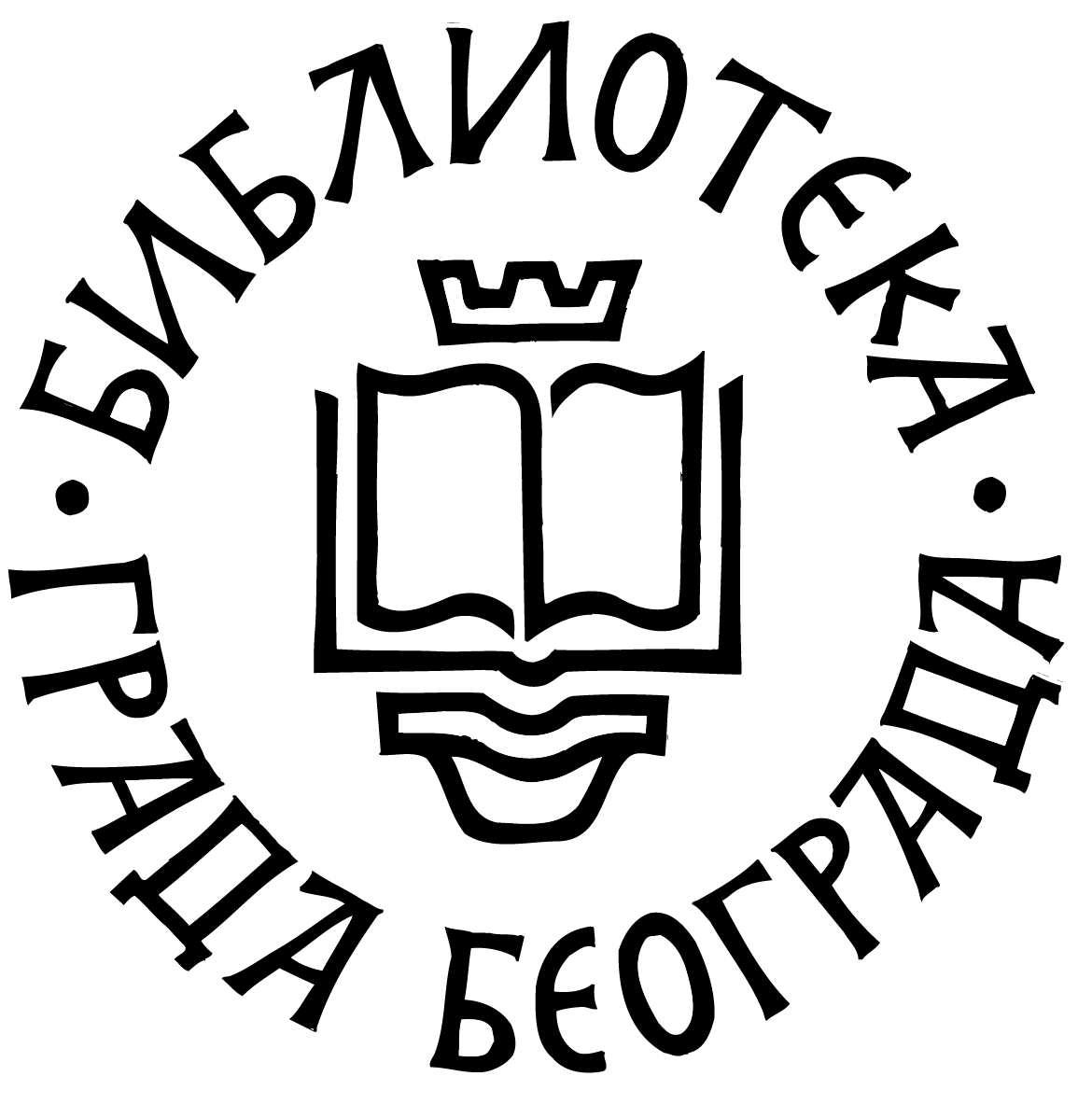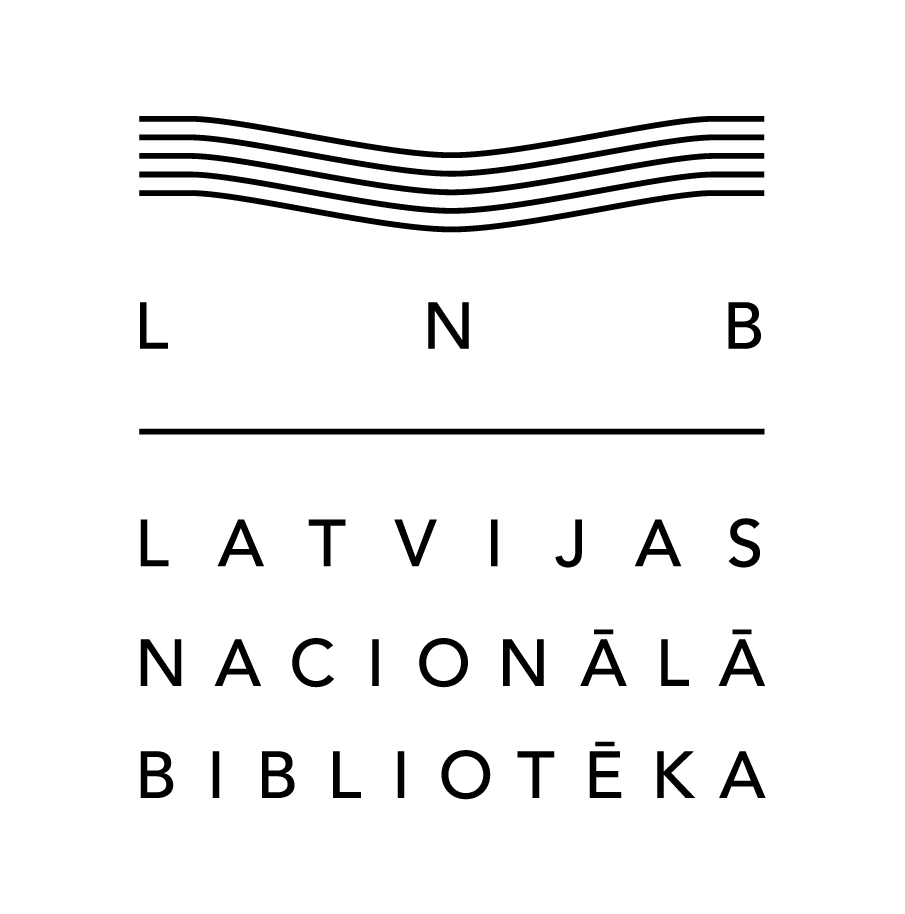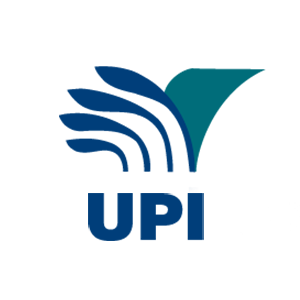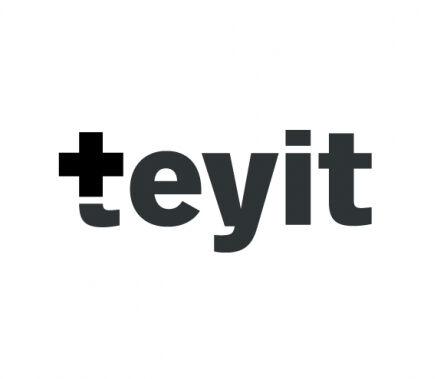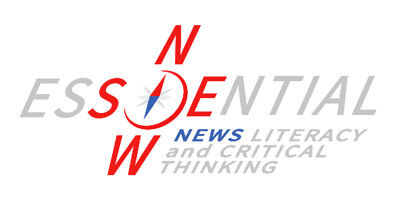
MOOC
News Literacy Online Training Course
This course is designed to help individuals to become smart consumers of news and informed participants in civic life. First aim is the development of critical thinking and news literacy skills of trainees which are needed to judge the reliability and credibility of news. Second aim is the empowerment of trainers who teach these skills.
MOOC Part 1

Module 1: Post-Truth and Fake News
The main purpose of this Module is to explain the notions of post-truth and fake news and how they threaten democracies and the well-being of societies and individuals.

Module 2: Information Disorder
The main purpose of this module is to introduce the conceptual framework of information disorder, in order to equip learners with the ability to recognize and distinguish different categories and types of information disorder and approach analytically and critically when they encounter them.

Module 3: Causes and Consequences of Information Pollution
The main purpose of this module is to present causes and consequences of information pollution, in order to increase the awareness of learners regarding the motivation behind the creation of information pollution as well as its possible impacts.

Module 4: The Role of the Internet and Social Media in the Creation of Information Pollution
The main purpose of this Module is to explain the role of the Internet and social media in the creation of information pollution and the trustworthiness of online users.

Module 5: The Psychology of Misinformation
The main purpose of this Module is to present cognitive mechanisms which make people vulnerable to misinformation; which make misinformation persistent and difficult to correct and; which can be used to prevent the influence as well as the spread of misinformation

Module 6: The Age of Algorithms
The main purpose of this Module is to raise awareness about algorithms, how they work and how they affect people and societies as well as the benefits and consequences of automated decision making.
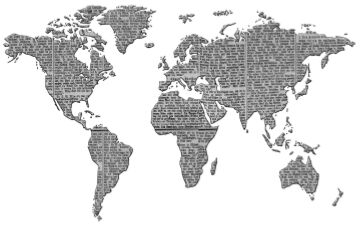
Module 7: Global News Consumption Trends
he main purpose of this Module is to present an overview of the global news consumption trends in order to develop an understanding of the attitudes, habits and preferences of news audiences, their awareness of news related issues, the changing environment around news across countries, time, culture and demographic features.

Module 8: News Literacy
The main purpose of this Module is to define news literacy, its main building blocks and the content of a news literacy training programme.
MOOC Part 2

Module 9: Changing Media Environment
The main purpose of this Module is to present an overview of the digital revolution and new media tools and the effects of this new ecosystem on people. The secondary aim is to guide trainers who want to use the content of this Module to train their trainees. To be able to understand the digital transformation that the societies are facing also helps to evaluate the people’s new roles in the changing media environment.

Module 10: Freedom of Expression
The main purpose of this Module is to explain the freedom of expression and other related rights and their functions.

Module 11: Journalism, New Journalism Practices and Their Social Effects
The main purpose of this Module is to describe the main characteristics of journalism, explain the impact of journalistic values and define the effects of new journalism practices on society.
MOOC Part 3

Module 12: Distinguishing News from Other Media Content
The main purpose of this module is to introduce learners how to distinguish news from other media content. A secondary aim is to guide trainers using the content of this module to educate their learners.

Module 13: Sources of Reliable Information
The main purpose of this module is to introduce learners to sources of reliable information, in order to help learners recognize and distinguish among different categories of information sources and types of information sources. A secondary aim is to guide trainers using the content of this module to educate their learners.

Module 14: Effective Search Strategies
The main purpose of this module is to explain some of the search functions and operators necessary for developing an effective search strategy.

Module 15: Managing Filters
The main purpose of this Module is to explain how to manage filters and what can be done to avoid them.

Module 16: Verification Tools and Techniques
The main purpose of this Module is to explain the tools and methods that can be used for verification.

Module 17: Fact-Checking Platforms and Services
The main purpose of this Module is to explain the fact-checking platforms, their operations and fact-checking services.
MOOC Part 4

Module 18: General Guidelines for Trainers
This module helps trainers design, implement, and evaluate lessons about (Modules 1-17) different aspects of news literacy.
